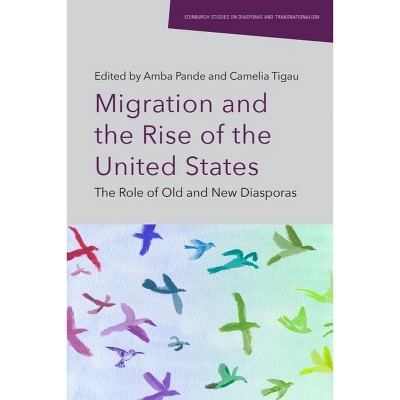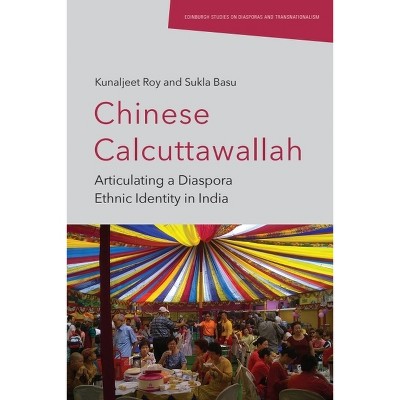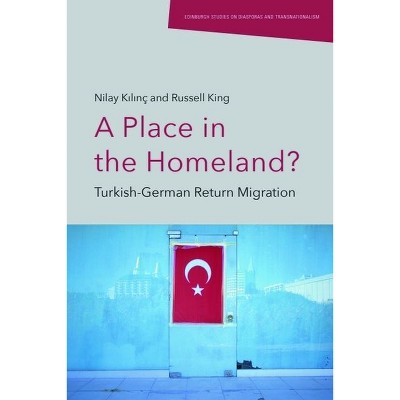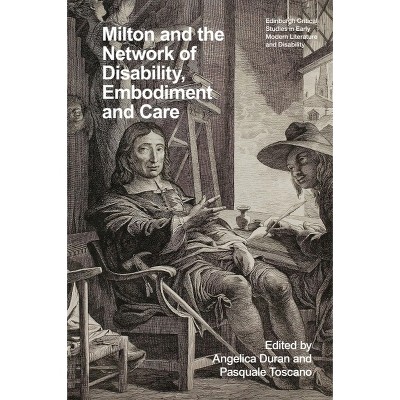Sponsored

Transnational Repression in the Age of Globalisation - (Edinburgh Studies on Diasporas and Transnationalism) by Dana Moss & Saipira Furstenberg
Pre-order
Sponsored
About this item
Highlights
- Bringing together leading scholars, this volume is the first of its kind to address the growing global phenomenon of transnational repression in a comparative perspective.
- Author(s): Dana Moss & Saipira Furstenberg
- 384 Pages
- Political Science, Human Rights
- Series Name: Edinburgh Studies on Diasporas and Transnationalism
Description
About the Book
Bringing together leading scholars, this volume is the first of its kind to address the growing global phenomenon of transnational repression - using tactics that include surveillance, coercion, harassment and physical violence - in a comparative perspective.Book Synopsis
Bringing together leading scholars, this volume is the first of its kind to address the growing global phenomenon of transnational repression in a comparative perspective. Authoritarian regimes in places like China, Russia and Saudi Arabia are infamous for cracking down on domestic opposition movements and democracy activists at home. And, in our age of globalisation, migration and technological development, dictators are increasingly able to extend their authoritarian power over their critics abroad. Using tactics that include surveillance, coercion, harassment and physical violence, transnational repression threatens the lives of democracy defenders, the basic rights of diaspora members and the rule of law in host states.Review Quotes
In the 21st century, transnational repression threatens human rights protections, democracy, the rule of law and state sovereignty all across the globe. This book is truly one of a kind: it brings together an array of experts and provides an unparalleled comparative, global and systematic analysis of this complex phenomenon.
--Francesca Lessa, University College LondonThis fascinating collection explores transnational repression in all its regions and varieties, from online harassment to extraterritorial assassinations. It reveals both the weaknesses and strengths of states which are both made vulnerable to and fight back against globalisation. The book demonstrates how strong democracies and the institutions of the putative liberal international order have become unwitting or wilful perpetrators of transnational repression. However, it is most fascinating when discussing the role of non-state actors including self-censorship and policing within diasporas themselves. This outstanding new book is essential reading for students and researchers of authoritarianism, globalisation and international security.
--John D. Heathershaw, University of ExeterShipping details
Return details
Trending Non-Fiction











